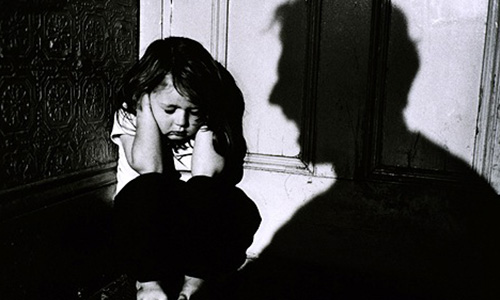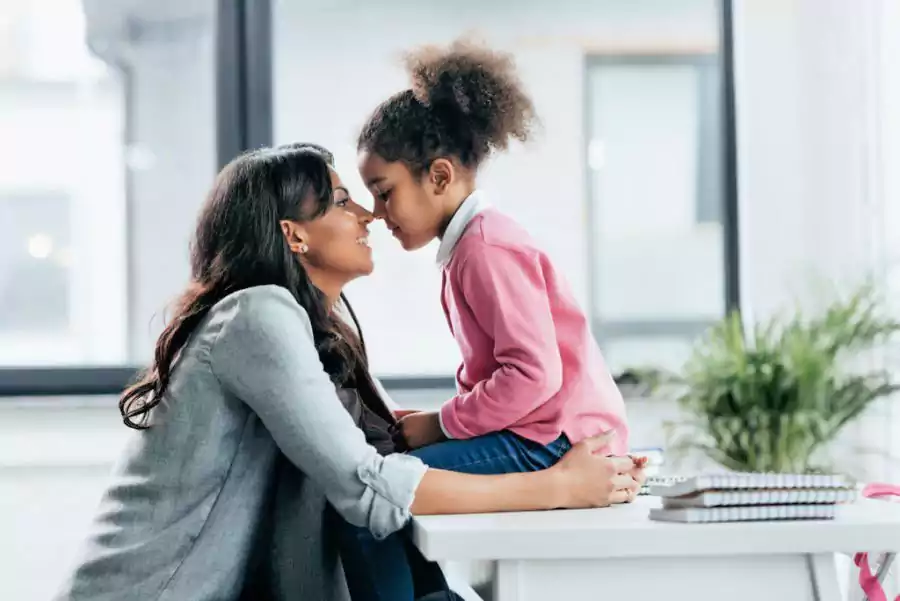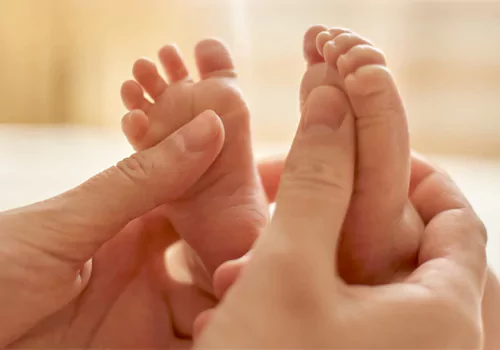Is your child being bullied by friends or peers?

Peer pressure is something which should not be taken lightly by parents in this age. This might also be a sign of you child being bullied in the school or while at play with his friends. There are many warning signs that may indicate that someone is affected by bullying either being bullied or bullying others. Recognizing the warning signs is an important first step in taking action against bullying. Not all children who are bullied or are bullying others ask for help. Statistics show that 75% to 90% of students suffer harassment at the hands of fellow students at some point and 15% of students are severely traumatized by peer abuse. Bullying can create a climate of fear for the child at school and might also become a barrier for him or her to continue learning.
Bullying is defined as a chronic pattern of abuse over time; physical or psychological harassment of persons less able to defend themselves than is the tormentor. It encompasses anti-social behaviors including assault, intimidation, extortion, some forms of vandalism, cruel teasing, and unwanted physical contact. The bullying may be direct with face to face physical or verbal confrontations, or indirect with less visible actions such as spreading rumors or social exclusion. It always involves an unequal power relationship between the bully and the victim.
Reports also confirm that bullying is starting at younger ages and is more frequent and aggressive than before. And the cruel behavior increases with age. Chances are your child may be bullied.Repeated bullying causes severe emotional harm and can erode a child’s self-esteem and mental health. Whether bullying is verbal, physical or relational, the long-term effects are equally harmful. Both boys and girls report high levels of emotional distress and loneliness as well as lower self-esteem, loneliness, anxiety and depression. Some situations the outcome is tragic: the child may take his or her own life.
Bullying is always intentional, mean-spirited, rarely happens only once and there is always a power imbalance. The victim cannot hold his own and often will need adult help. Your child may not feel comfortable telling you about his pain, but if you know these signs your child is being bullied and tune in closer, you might be able to start bullying prevention in your home.
Children might always not ask for help while being bullied for various reasons, some coulee be that Bullying can make a child feel helpless. Kids may want to handle it on their own to feel in control again. They may fear being seen as weak. Kids may also fear backlash from the kid who bullied them. Bullying can be a humiliating experience. Kids may not want adults to know what is being said about them, whether true or false. They may also fear that adults will judge them or punish them for being weak. Kids who are bullied may already feel socially isolated. They may feel like no one cares or could understand. Kids may fear being rejected by their peers. Friends can help protect kids from bullying, and kids can fear losing this support.
- Divya




.webp)